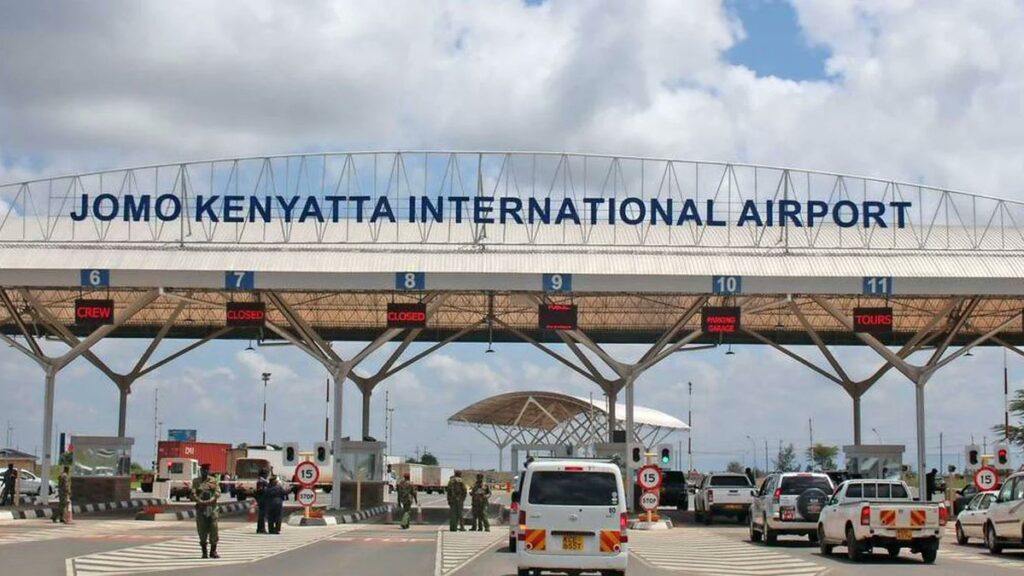
In July 2025, the Government of Kenya implemented a landmark visa-free policy allowing citizens of all African countries—except Libya and Somalia—and most Caribbean nations to enter the country without prior visa arrangements. This progressive policy aims to strengthen intra-African mobility, deepen economic integration, and reposition Kenya as a regional hub for trade, tourism, and investment.
While the implications of this development span multiple sectors, the real estate industry stands out as one of the most likely to experience both immediate and long-term impact. Below is an in-depth analysis of how this policy shift is expected to shape Kenya’s property market dynamics.

1. Growth in Short- and Mid-Term Rental Demand
The easing of travel restrictions is expected to drive a notable increase in the number of short- and mid-term visitors, including tourists, business travellers, digital nomads, and academic delegates.
Implications for Real Estate:
- Demand for serviced apartments, Airbnb-style accommodations, and furnished rentals is likely to increase in urban centres such as Nairobi, Mombasa, Kisumu, and Nakuru.
- Investors in the short-let market may benefit from enhanced occupancy rates and improved rental yields.
- Purpose-built developments offering co-living spaces, high-speed internet, concierge services, and flexible leasing will become more viable.
2. Elevated Interest from African and Caribbean Investors
Visa-free access significantly reduces barriers to entry for regional property investors. High-net-worth individuals, real estate firms, and institutional investors from West, Central, and Southern Africa—as well as the Caribbean—can now explore investment opportunities in Kenya with greater ease.
Expected Outcomes:
- Increased cross-border property acquisitions, particularly in residential and mixed-use segments.
- Greater potential for joint ventures between Kenyan developers and regional firms.
- Rising interest in office parks, logistics hubs, and hospitality assets, as foreign companies consider Nairobi for regional operations.

3. Uptick in Lifestyle and Retirement Property Demand
Kenya’s visa-free status may attract diaspora Africans and Caribbean nationals seeking second homes or retirement residences in a temperate, culturally vibrant, and economically stable environment.
Target Locations:
- Gated communities in Nanyuki, Naivasha, and Machakos.
- Coastal towns like Diani, Watamu, and Kilifi, where demand for resort-style living continues to grow.
This trend may spur development of branded residences, wellness-oriented estates, and high-end leisure real estate.
4. Expansion in Hospitality and Tourism-Linked Developments
Kenya is poised to experience a rise in visitor arrivals, particularly for conferences, leisure tourism, and cultural exchange programs. This will stimulate further development in the hospitality sector.
Opportunities:
- Expansion of hotel chains and eco-lodges in both urban and regional nodes.
- Growth of integrated tourism developments combining accommodation, retail, and recreational amenities.
- Increased land values and development activity in coastal counties and wildlife-rich destinations.

5. Enhanced Cross-Border Collaboration in Construction and Development
Greater mobility may encourage African professionals in architecture, engineering, and project management to operate more easily in Kenya. The potential inflow of expertise could foster innovation and efficiency across the construction value chain.
Sectoral Impact:
- Adoption of alternative construction technologies and new design methodologies.
- Strategic sourcing of materials across borders, improving cost-efficiency.
- Rising competition may elevate quality standards in design and delivery.
6. Financial Integration and Investment Capital Inflows
Visa liberalization could open the door to more cross-border real estate financing and regional capital markets engagement.
Key Developments to Watch:
- Entry of African financial institutions offering mortgage products for non-resident buyers.
- Growth in Pan-African REITs holding diversified property portfolios across key cities including Nairobi.
- Strengthened bilateral agreements facilitating real estate investment protection and dispute resolution,

7. Expansion of Student Housing and Institutional Accommodation
Kenya remains a key destination for tertiary education in East Africa. Visa-free access may lead to an uptick in enrollment by students from across the continent and the Caribbean.
Real Estate Response:
- Increased demand for purpose-built student accommodation (PBSA).
- University partnerships with private developers to address growing housing needs.
- Opportunities in mixed-use education precincts that blend academic, residential, and commercial facilities.
8. Potential Impact on Pricing and Market Competition
As foreign interest in Kenyan property increases, demand pressure may lead to moderate price appreciation in key locations.
Possible Trends:
- Rising competition for premium residential and commercial units in neighbourhoods such as Kilimani, Kileleshwa, Westlands, and Karen.
- Upward pressure on land prices in areas near airports, diplomatic zones, and commercial corridors.
- Need for policymakers to monitor speculative activity and ensure access to housing remains equitable for local buyers.
Conclusion
Kenya’s visa-free policy represents a pivotal shift in its approach to regional integration and global positioning. For the real estate sector, it unlocks significant opportunities for investment, innovation, and diversification. However, stakeholders must proactively adapt to changing market demands, evolving buyer profiles, and the need for inclusive, sustainable urban development.
With proper foresight, Kenya can position itself not only as a gateway to East Africa—but also as one of the continent’s most dynamic real estate investment destinations.
